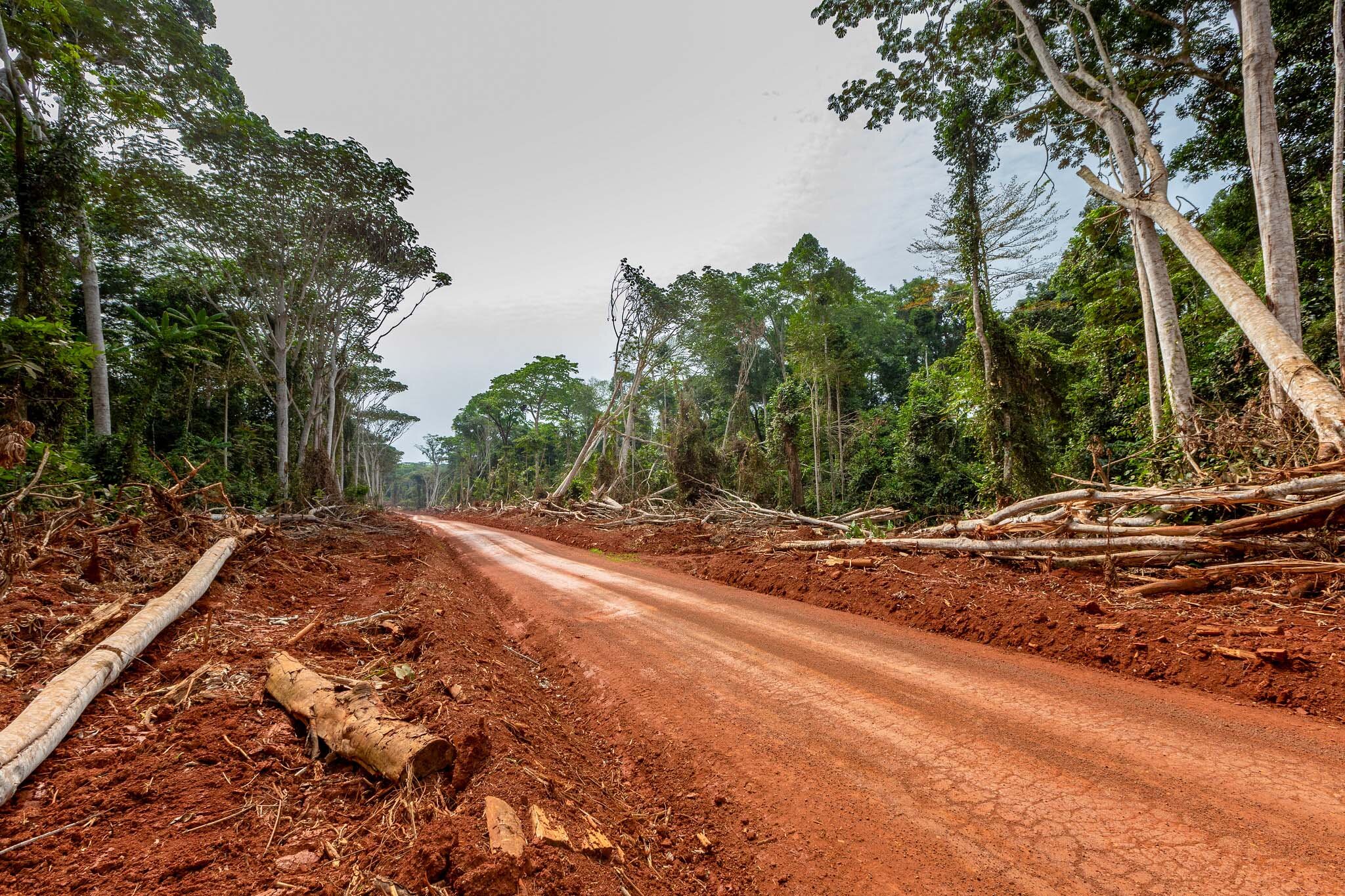
Deforestation & The Chocolate Industry
“Anytime someone bites on a chocolate bar in the United States, a tree is being cut down. If we continue like that, in two, three, four years there will be no more forests.” - Eric Agnero, Activist.
Africa's tropical forests, which include the Guinean Forests of West Africa and the expansive rainforest of the Congo Basin, are home to many plants and animals that exist nowhere else in the world and support an estimated 100 million people. But these forests are under increasing pressure from the agricultural production of goods such as rubber, cocoa and palm oil.
Cocoa production is one of the most significant drivers of forest loss in West Africa.
Most cocoa is grown in monocultures, meaning all trees in the surrounding area of the farmed commodity must be removed. Meeting the high demand for cocoa beans has resulted in many protected areas being completely deforested and converted to farms.
Deforestation’s Consequences
Côte d'Ivoire produces more than a third of the world’s cocoa and the majority of it is grown illegally in the country’s national parks and government-owned forests. The country has lost more than 85% of its rainforests since the 1960s. Barriers to land ownership have led migrant workers and farmers without financial resources to illegally expand their cocoa farming in protected forests. This leads to deforestation.
Henri, a traditional leader from the town of Diafla in Côte d'Ivoire, grew up with a lush rainforest. “This all used to be trees, but farmers burned them to plant cocoa,” he says.
In his youth, he would regularly see chimpanzees and elephants traipse through the parks. Since the explosion of cocoa farming, the animals living in these “protected” forests have suffered badly. The West African Guinea Forests, famous for its primates, when recently surveyed by researchers found that 13 of the 23 protected forests no longer have any primates.
The Cocoa Supply Chain
Combating deforestation presents multiple challenges. The first lies in the need to know the precise origins of cocoa beans in order to determine whether the farm where they were grown in replaced forest areas. Tracing cocoa beans to the farm level is difficult in the West African cocoa sector because production is spread among millions of smallholder farms that make up a huge portion of the land.
Cocoa is generally produced on small farms because it’s difficult to introduce machines to do the work. Cocoa trees require regular pruning and chemical treatments to combat pest and disease. Pests and diseases cause major economic loss in cocoa farming and especially in West Africa where oversight of these issues is lacking.
What Can Be Done?
For most chocolate products, it remains impossible to trace cocoa origins to the extent required to determine deforestation. However, independent reviews such as the Chocolate Scorecard are making strides in providing transparency to consumers interested in buying ethical chocolate.
There are a few organizations (Rainforest Alliance and Fairtrade) who trying to implement traceability in the supply chain by selling “certified” cocoa products that come only from legal farms.
At California Cultured we are making a chocolate that is free from deforestation by eliminating the need for processed cocoa. Join us in the new age of sustainable and ethical chocolate.

